
Choose Wisely
Rationality, Ethics, and the Art of Decision-Making
No se pudo agregar al carrito
Add to Cart failed.
Error al Agregar a Lista de Deseos.
Error al eliminar de la lista de deseos.
Error al añadir a tu biblioteca
Error al seguir el podcast
Error al dejar de seguir el podcast
 Exclusivo para miembros Prime: ¿Nuevo en Audible? Obtén 2 audiolibros gratis con tu prueba.
Exclusivo para miembros Prime: ¿Nuevo en Audible? Obtén 2 audiolibros gratis con tu prueba.Compra ahora por $21.38
-
Narrado por:
-
Grover Gardner
A leading psychologist and philosopher challenge the shortcomings of rational choice theory—and propose a new framework for understanding decision-making.
For many decision scientists, their starting point—drawn from economics—is a quantitative formula called rational choice theory, allowing people to calculate and choose the best options. The problem is that this framework assumes an overly simplistic picture of the world where different types of values can be quantified and compared, leading to the one “most rational” choice. Behavioral economics acknowledges that irrationality is common but still accepts the underlying belief from economics of what a rational decision should look like.
In this audiobook, the authors offer a different way to think about the choices we make every day. Drawing from economics, psychology, and philosophy—and both inspired by and challenging Daniel Kahneman’s Thinking, Fast and Slow—they show how the focus on rationality, narrowly understood, fails to fully describe how we think about our decisions, much less help us make better ones. Notably, it overlooks the positive contribution that framing—how we determine what aspects are most important to us—contributes to good decisions.
Schwartz and Schuldenfrei argue that our choices should be informed by our individual “constellation of virtues,” allowing for a far richer understanding of the decisions we make and helping us to live more integrated and purposeful lives.
©2025 Barry Schwartz and Richard Schuldenfrei (P)2025 Blackstone PublishingLos oyentes también disfrutaron:

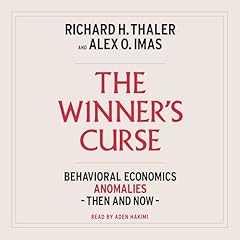

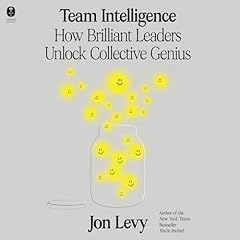





Las personas que vieron esto también vieron:






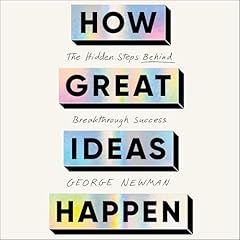

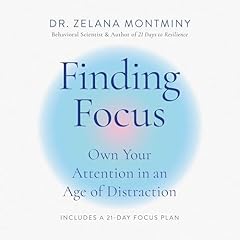





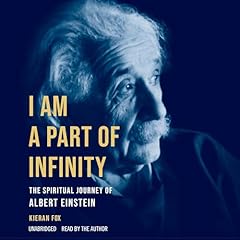


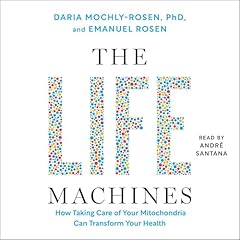
That said, the authors make a tremendous effort and largely succeed at conveying some complex behavioral economics and philosophical concepts and arguments in very accessible and easily intelligible ways. They even succeed at making the narrative arc engaging for the most part. However, I’m not sure if they succeed at doing so quite sufficiently for the average reader; put differently, I’m not sure that I would have finished the book if I wasn’t an academic myself, like the authors.
In short, this is an important book, and especially important during our current historical moment when so many people have become alienated from the “erudite” ways of thinking and choosing that have come to dominate to the exclusion of ordinary people’s “common sense” wisdom (what Pierre Bourdieu fittingly writes of the law viewing as the ordinary person’s “naive intuitions of fairness”), up at which these supposedly more “rational” dominant ways of “judging” turn their noses. I am therefore very glad this book is out in the world.
Still, if you’re looking for a how-to guide on choosing wisely, you might find it most useful, after orienting yourself with the introduction (and, if you’re still feeling engaged, chapter 1), to skip ahead and read the chapter summarizing the bulk of the book’s critique (chapter 7) then skip a little ahead again to the very long chapter setting out the authors’ alternative method of choosing (chapter 9). Should you have some remaining stamina, I found the last two chapters very useful in how they present a broad and applied social critique. Otherwise, the conclusion is a very elegant synthesis of what the book covers.
For those interested in a detailed and very thoughtful critique of Rational Choice Theory (or RCT), this is your book! It took me back to my college days when I minored in philosophy and fell in love with, and was somewhat awed by, philosophical reasoning and its systematic methods for breaking down an argument.
Lastly, because I audioread the book, I should say that the narrator did a masterful job.
A warranted critique systematically presented
Se ha producido un error. Vuelve a intentarlo dentro de unos minutos.
Despite this, looking at it from an objective lens, the book is objectively good. It would be of interest to you if you want to learn more about Radical Choice Theory and the limitations to using RCT.
If I could summarize this book in a sentence it would be that analytical approaches like RCT are valuable in some contexts, but can produce a lot of negative downstream effects when it’s the default method of choice.
Very Theoretical
Se ha producido un error. Vuelve a intentarlo dentro de unos minutos.


